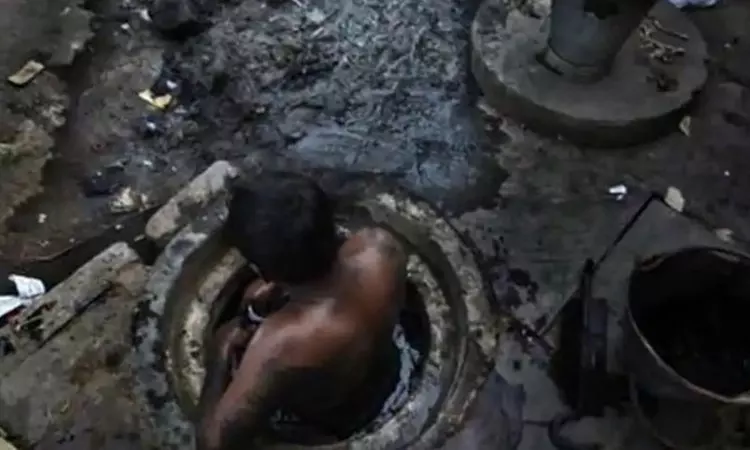Issue Directions To All Authorities To Stop Manual Scavenging : Karnataka High Court Directs State Govt
Mustafa Plumber
17 Feb 2021 6:07 PM IST

Next Story
17 Feb 2021 6:07 PM IST
The Karnataka High Court on Wednesday suggested to the State government to consider issuing a general direction to all authorities and agencies and instrumentalities of the state for implementation of Rule 3, of The Prohibition of Employment as Manual Scavengers and their Rehabilitation Rules, 2013. The rule states that no person shall be allowed to clean a sewer manually, with...
